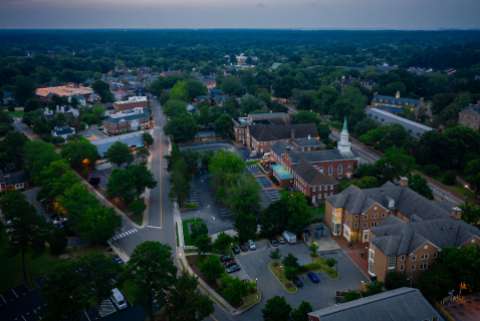Back in April, Virginia Governor Ralph Northam signed into law several amendments to the state’s existing law that regulates telemarketing, the Virginia Telephone Privacy Protection Act. Those amendments take effect July 1, 2020. The law was originally passed in 2001 and was most recently amended in 2019.
The 2020 amendments clarify the law’s definition of “telephone solicitation call” to explicitly include text messages in addition to voice calls to landline and cell phone numbers. The law also applies to all telephone numbers with Virginia area codes as well as numbers with non-Virginia area codes that belong to Virginia residents.
The amendments specify that callers must properly display the correct caller identification information, prohibiting telephone solicitors from “engaging in any conduct that results in the display of false or misleading caller identification information.” The law does allow for callers to provide caller ID info for the entity on whose behalf the calls are being made but specifies that the phone number provided must be a customer service number.
Perhaps most importantly, the amendments increase the damages for violations. Previously, the law had instituted a penalty of $500 per violation. That is now increased such that it is $500 for the first violation, $1,000 for the second, and an astounding $5,000 for each subsequent violation. These new, increased tiers apply to both damages brought by individuals under the law’s private right of action as well as penalties assessed by the Attorney General.
With the current status of the Telephone Consumer Protection Act (TCPA) in limbo due to the pending Supreme Court decision in AAPC v. Barr, these sorts of state laws take on greater importance for telemarketing compliance.





